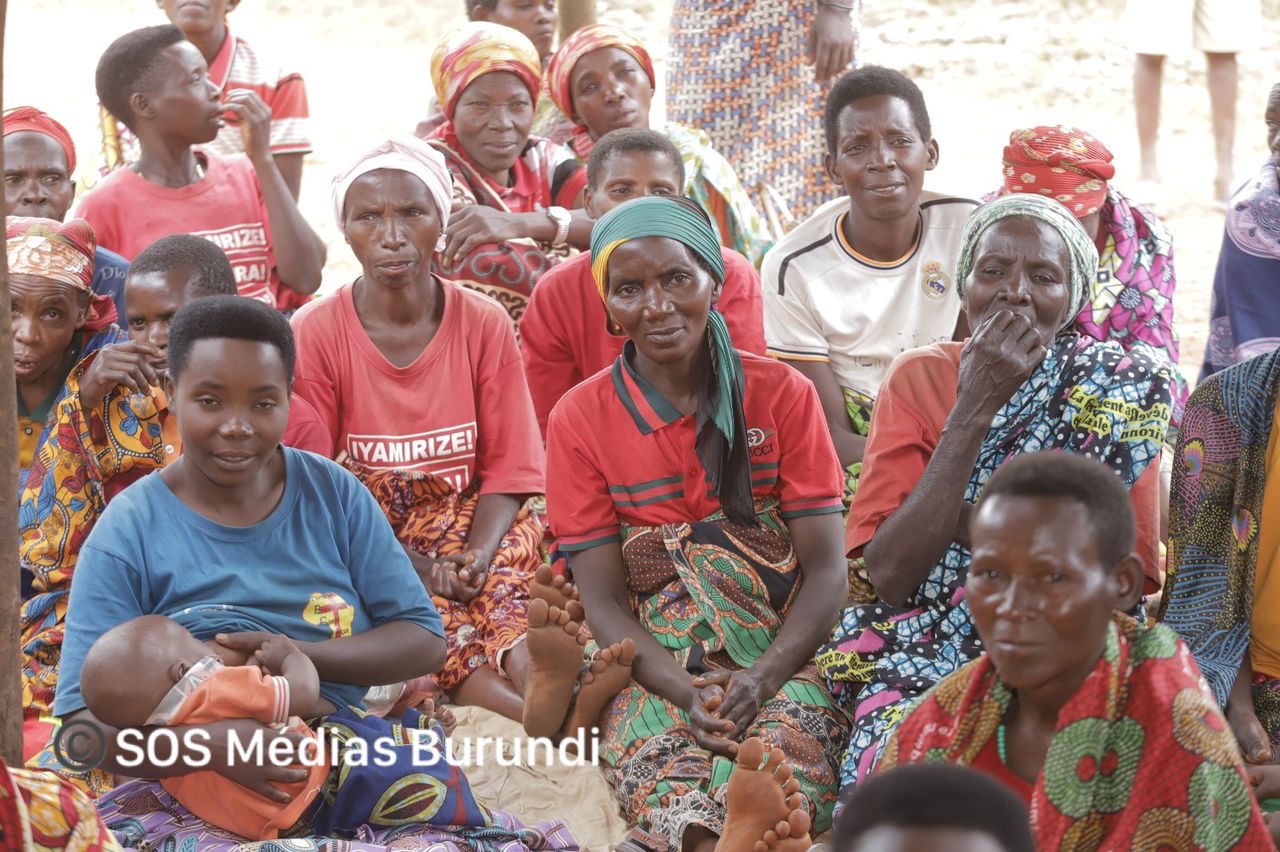Burundi : being a woman leader, a difficult task in rural areas

On October 7-8, the 5th edition of the high-level forum for women leaders organized by the Office of the First Lady for Development in Burundi under the theme « Investing in early childhood to build solid human capital throughout life » was held in Bujumbura, the commercial city of Burundi.
When we talk about women leaders, we immediately think of women who have left their mark on humanity, their entourage, who have accomplished remarkable tasks, etc.
These women exist in rural and urban areas. It is clear that rural women encounter more obstacles to fulfill their dream of becoming leaders.
INFO SOS Médias Burundi
Marie leader (Imboneza) from the district of Mayuyu, in the province of Bujumbura (western Burundi) talks about her situation.
« In rural areas, it is difficult, there are prejudices… when you are a woman leader you are considered as a woman who dominates her husband when it is false, in some localities you are given different hats… like you are a member of the ruling party because sometimes you are forced to go to seminars or other training in which even members (women) of the ruling party do not participate », she indicates
Women leaders in rural areas in some regions are not understood.
Dorothée Butana from Makamba village in Rusaka district, Mwaro province (central Burundi) also explains that being a woman leader is not easy at all.
She insists on the difficulties not residing in the accomplishment of her daily tasks – as a woman leader, she guides and directs without problem her subjects women or men of her locality.
« At home, my husband mistreats me. If I dare to defend my rights at home, my husband insults me by saying that being a woman leader of my village, I wanted to make fun of him. Everywhere he goes, people talk about his wife’s bad behavior, he never stops reminding me, » she recalls.
These two women welcome this year’s theme.
By investing in early childhood, especially by raising awareness among young rural girls to make school their priority, the country will at least be able to banish all these problems.
According to Dorothée, there are rural girls who, even today, think directly about marriage from the age of 16. They subsequently drop out of school.
Monique Kanyange from Nyabibondo village in Nyabiraba district (Bujumbura), says that men do not tolerate rural women who speak out or make important decisions in their entourage.
Few men understand that women can be development leaders.
They still consider such women as women who want to dominate men.
« Even if it is not said out loud, our men need to be made aware of the subject. The concept they have of a woman leader is still wrong. They will have to understand that in rural areas, there are women who have impacted or who are even impacting their entourage today by their words, their behavior, their way of being or with their way of doing, » she adds.
Sylvane Nyawakira from Nyabibondo village in Nyabiraba district, with a small smile on her face indicates that « the majority of Burundian women are development leaders. For example, in rural areas, the majority of men spend their time in bars, few women frequent these places. We all know that drinks are very expensive today, but men go to these bars every day. Rural women do not have the right to rest, after field tasks, other household chores await them », she insists.
« The woman gives herself body and soul for the development of her family while her partner spends all his time in bars », she insists.
——
Rural women in Burundi during an awareness training session on the importance of their financial independence (SOS Médias Burundi)

